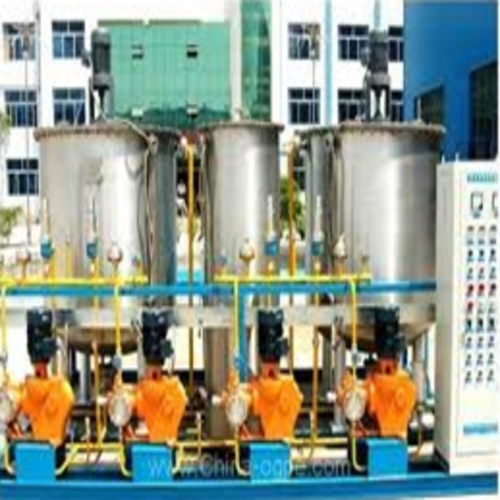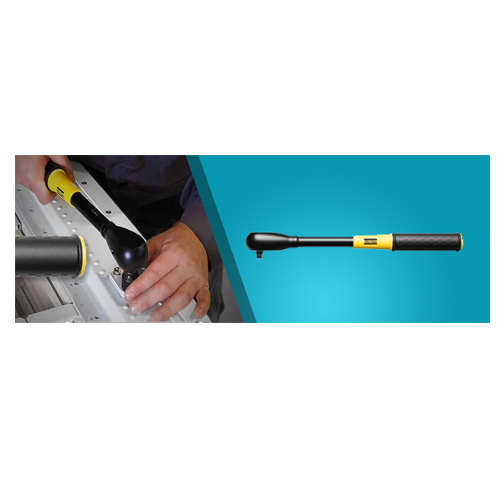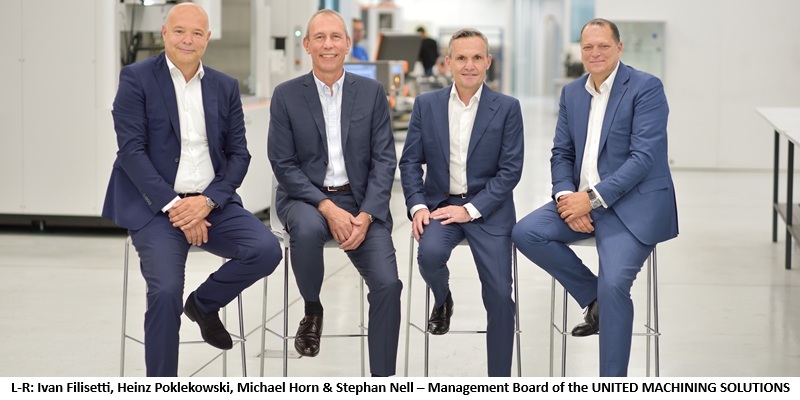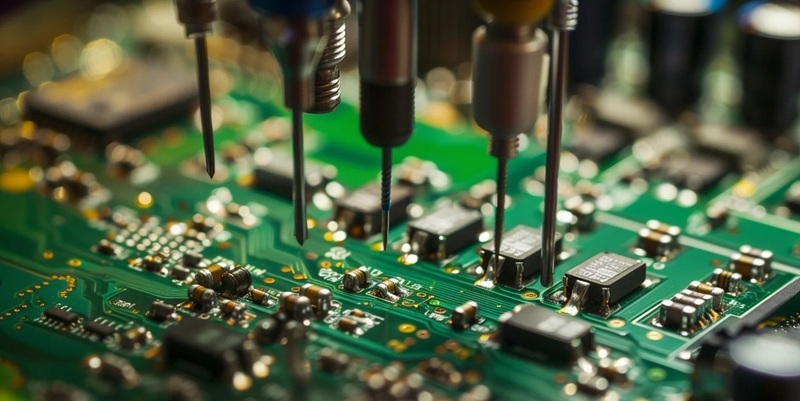Schedule a Call Back
Delhi and the NCR: Gaining Momentum
 Technical Articles
Technical Articles- Dec 23,10

Compared to all the other States in India, New Delhi may not exactly fit the bill as a location for industry. Yet, a recent report released by the industry ministry states that Maharashtra and Delhi's National Capital Region accounted for over 50 per cent of the foreign direct investment (FDI) inflows into the country during the first quarter of 2010-11.
Maharashtra attracted the maximum foreign inflows at USD 1.53 billion and accounted for 35 per cent of the country's total FDI during April-June this fiscal while Delhi's National Capital Region (NCR), including parts of Uttar Pradesh and Haryana, received USD 1.51 billion FDI during the first three months of the current financial year. NCR, in fact, accounted for 21 per cent of the country's total FDI. During April-June 2010-11, India received USD 5.80 billion foreign inflows, the data said.
According to experts, the main reason for the maximum inflows into NCR is the substantial improvement in the infrastructure and the proactive approach of the respective governments. The sectors which attracted the maximum FDI include services, telecommunication, metallurgical industries, power, computer hardware and software, and construction activities. Additionally, Delhi was found to lead the chart in the 'Liveability Index 2010' report based on a study conducted by the Confederation of Indian Industry (CII) and Institute for Competitiveness, India (IFC).
The report was published after a comprehensive study of 37 cities, ranked on the basis of eight pillars like demographics, education, health and medical standards, safety, housing, socio-cultural political environment, economic environment, etc.
As analysts point out, the primary reason why Delhi continues to be a strong contender despite not carrying the industry tag is that its economy has had a shot in the arm after having turned into a 'hot' destination for the retail and services sectors. "Continuous development is the motto of our State," is what Delhi's chief minister Sheila Dikshit had said in a media conference a few months prior to the Commonwealth Games imbroglio. One of the recent developments is that the Madhya Pradesh cabinet has accorded financial approval of Rs 286.53 crore for acquiring 1,250 hectares of land for the Delhi-Mumbai Industrial Corridor (DMIC) Project. "This will further boost the industrial progress that is happening in areas like Ghaziabad and Faridabad," says Rajkumar Tyagi, CEO, Assomac Machines Limited, a Ghaziabad-based company that makes wire drawing machines.
It is expected that the DMIC project would lead to the creation of high quality industrial infrastructure region over an area of about 2,00,000 hectares with over 60 per cent of land use under manufacturing areas, special economic zones, and processing industries.
Agro and food processing hubs will also be set up with the requisite forward/backward linkages that would lead to the development of agricultural production and efficient storage/distribution of produce through the utilisation of the latest technologies.
It may also lead to the setting up of skill development centres, centres of excellence and knowledge cities at select locations for specific/target industry sectors in the vicinity of major industrial areas and as part of proposed investment nodes so as to ensure the availability of trained manpower, upgrade skill sets of local people, and increase employment opportunities.
Delhi and NCR certainly have been proactive in terms of allowing the growth of industry in this region. Here is an example: Baprola village in West Delhi was in the news only for the fact that it is home to Olympic bronze medal-winning wrestler Sushil Kumar. But that may soon change.
According to Delhi's new industrial policy, two SEZs that it plans to set up in the village will show the path for future development of the national capital. The policy, only the second for Delhi, seeks to give an entirely new thrust and direction to industrial activity in the city for the period 2010 to 2021. It states that Delhi should develop a hi-tech, knowledge-based service sector and IT and IT-enabled services industries in the national capital territory (NCT) to replace the small, low-skilled manufacturing units that dot the city now.
The policy lays special emphasis on development of the two SEZs at Baprola -- one for gems and jewellery and the other for IT & ITES -- as a showpiece for other industrial clusters to emulate. These SEZs would be pollution-free industries where workers would "walk to work" and get all the amenities within the neighborhood.
The present policy seeks to make Delhi "a hub of clean, high-technology, and skilled economic activities by 2021 by adhering to the following principles: Infrastructure development, decongestion, promoting 'walk to work', simplifying business norms, promoting industry consultation in decision making, and sustainability.
The policy has also called for the setting up of a business facilitation council with members drawn from industrial associations, Delhi State Industrial and Infrastructure Development Corporation (DSIIDC), Delhi Development Authority (DDA), and other stakeholders to facilitate entrepreneurs in obtaining clearances from various departments and agencies for setting up enterprises.
The gems and jewellery SEZ is being set up in an area of 41.4 acres at an estimated Rs 489 crore. The SEZ is expected to provide direct jobs to 18,000 people and indirect employment to 54,000 people. Delhi contributes to 10 per cent of the country's exports in this sector.
The IT and ITES SEZ is being set up in an area of 26 acres at an estimated cost of Rs 395 crore. This SEZ is expected to provide direct employment to 36,000 people while generating 1,08,000 jobs indirectly. The IT SEZ will also house convention halls, hotels, a hospital, and residential accommodation.
The service industry contributes the largest chunk of the State domestic product - about 70 per cent, followed by manufacturing (25.2 per cent) and agriculture (3.85 per cent). The city has a large number of garment and furniture units followed by electrical machinery production and repair services.
The policy also speaks about how through public-private partnership the process for operation and management of four industrial eStates - Patparganj, Narela, Bawana, and Okhla Phase-III - has been initiated.
The Delhi government and the DSIIDC had developed seven industrial areas and in the past few months the cumbersome processes for approvals were done away with to some extent and the State Industries Department (SID) had opted for a single-window clearance system for issue of approvals, no objection certificates, and licenses required for setting up industrial enterprises. Further, the SID has been working on devising common application forms for seeking clearances from various departments and put into place a mechanism for time-bound disposal.
Delhi, as India's capital city and the most prosperous State with a per capita income of about Rs 39,000, has gradually become a nucleus of trade, commerce, and industry in the northern region.
"The growth of service industries like information technology, telecommunications, hotels, banking, media, and tourism, as also the large skilled English-speaking workforce of Delhi, has attracted many multinational companies, thus making it a significant service sector.
More importantly, Delhi attracts large foreign business traffic every year by hosting many important international trade fairs like the IITF and Auto Expo," points out S Vaidyanathan of Action Technologies, a Pune-based firm with business interests in Delhi.
One of the most prominent locations that has put Delhi on the global exhibition map is Pragati Maidan, the seven-acre exhibition complex that has 18 halls, 22 permanent pavilions, 1,30,000 sq.m covered space, and 1,80,000 sq.m open area. There is also the Indian Habitat Centre (IHC) that was established by the joint efforts of several leading corporate entities and non-profit organisations like Tata Energy Research Institute (TERI) and HUDCO. Also, the India Expo Centre has been instrumental in catering to the growing need for ultra-modern exhibitions and events spaces in India.
What has also helped boost the industry spirit in Delhi and its adjoining areas is the role played by the National Small Industries Corporation (NSIC) which has been working to fulfill its mission of 'promoting, aiding and fostering the growth of small-scale industries and industry-related small-scale services/business enterprises in the country'.
However, this is not to say that there are no issues concerning Delhi's industry. One of them is the Delhi government's decision to increase the minimum wages by up to 49 per cent effective from February this year, the highest in the country.
This has had a severe impact on the wage bills of the industry in the national capital territory and many are examining the option of shifting to suburban areas such as Faridabad, Noida, and Gurgaon.
"This has definitely impacted the smaller enterprises in the micro, small and medium enterprises (MSME) category, besides export-related units where the margins vary with the currency rates and at times are very low," says Harneet Singh of Vibran Sports Equipment, a manufacturer of sports goods.
Commenting on this issue, Salil Singhal, Chairman, CII-MSME Council, said that the high inflation may seem to be some justification for the rise in wages, though on the other side companies have margin pressures. "For MSMEs any rise in costs is a huge issue," he added.
In Delhi there are close to 500 apparel export companies operating in Naraina, Kirti Nagar, Okhla, I P Extension, besides an even larger number of other small industries. "Even though some of the companies are opting to move out of Delhi and go to other developing industrial areas, this will not solve the problem because there will be new challenges to face in terms of infrastructure availability. For example, the availability of power and roads for transport of goods could push up the costs of production to a higher level than posed by the new wage bill," Vaidyanathan points out. But for all that, Delhi and NCR continue to trot ahead at a steady gait. And that's so typical of their 'sporting' spirit.
Related Products

Ozone System
Omnicorp Environs & Infratech Co offers a wide range of ozone systems.

SWR ’Slipping’ Wrenches
Reliable
Trade Links offers a wide range of SWR ’slipping’ wrenches.

Gripping Systems – Rgg
Schunk Intec India Pvt Ltd offers a wide range of Gripping Systems – RGG - cleaning
device with shank interface.

















